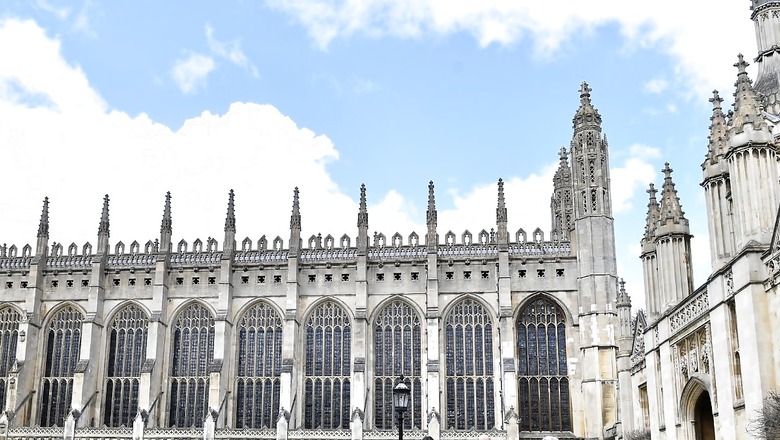
views
The UK government under Keir Starmer has raised the financial savings requirements for international students for the first time since 2020.
Under the new guidelines, which will apply from January a, 2025, students will need to show that they have sufficient funds to support themselves for up to nine months. For those studying in London, the required amount will increase to £1,483 per month, up from the current £1,334.
What’s New
According to UK Visa and Immigration, students studying outside London will need to show £1,136 per month, an increase from £1,023. This adjustment is intended to reflect the rising cost of living in the UK.
For students planning to study in London for nine months or more, this means they must provide evidence of at least £13,348 in savings as part of their visa application. The increase in financial requirements underscores the government’s commitment to ensuring that international students can manage their living costs while studying.
Financial Requirements
International students must meet specific financial criteria to demonstrate they have enough funds for both their course and living expenses. The required amount varies depending on the student’s location and personal circumstances. Students must have sufficient funds to cover their course fees for one academic year, which can last up to nine months.
The exact amount required will be detailed in the student’s Confirmation of Acceptance for Studies (CAS). If a student has lived in the UK with a valid visa for at least 12 months, they are exempt from providing financial proof for their course fee when applying for a new visa.
For living expenses, students must show they have enough savings to support themselves during their stay. This requirement must be met unless they have held a valid UK visa for at least 12 months before applying for a new visa. Students who have secured a loan or financial sponsorship must provide official evidence from the loan provider or sponsor to meet the financial requirement.
Exemptions
Certain students are exempt from proving they meet the financial requirement, including students who have held a UK visa for at least 12 months before applying for a new student visa and student union sabbatical officers. Also, Postgraduate doctors or dentists enrolled in recognised foundation programmes.
Students from countries listed under the ‘differential evidence requirement’, such as Australia, Canada, the US, and many European and Asian countries, do not need to prove they meet the financial requirement. However, they may still be asked to provide evidence of their financial situation before their visa is approved.
Impact on Indians
For Indian students, the increase in financial requirements is not expected to significantly affect their decision to study in the UK. Indian students typically spend upwards of Rs 20 lakh annually on education abroad, including tuition, accommodation, and living expenses, according to The Times Of India.
Although the new monthly savings requirements have increased, they are relatively modest and are not anticipated to deter students. The factors influencing their decision, such as course offerings, institution reputation, post-study work opportunities, and visa acceptance rates, remain more critical.




















Comments
0 comment